The late Peter Dahlvid penned a tale of his remarkable life before he died in ‘hospital storeroom’
A Tasmanian man who died in a hospital ‘storeroom’ penned a remarkable tale of his life before his passing, including two dices with death via a mate’s fishing knife surgery and refusing to get on a ship that saw 10 people drown. READ HIS STORY >>
Tasmania
Don't miss out on the headlines from Tasmania. Followed categories will be added to My News.
Peter Dahlvid, 87, originally from Sweden, died at the Launceston General Hospital earlier this month after a long battle with cancer.
His widow says she was “outraged” after her husband was left to die in what she described as a hospital “storeroom”.
This is his remarkable life story, in his own words.
At the age of 17, I was sailing on the Equator when I had an appendicitis attack and we were so far from land.
My pain was so bad and there was no medical help on board so the ship’s captain, with only a basic knowledge of first aid, cut me open with a fishing knife, ripped out my appendix and promptly sewed me back up. No pain killers and no anaesthetic. I can’t describe the pain.
The scar he left has been a laughing point for many medical people over the years. When they sight it, they are amazed at the incompetence of the Captain’s masterwork. But, you know, I am still here. (laughs)
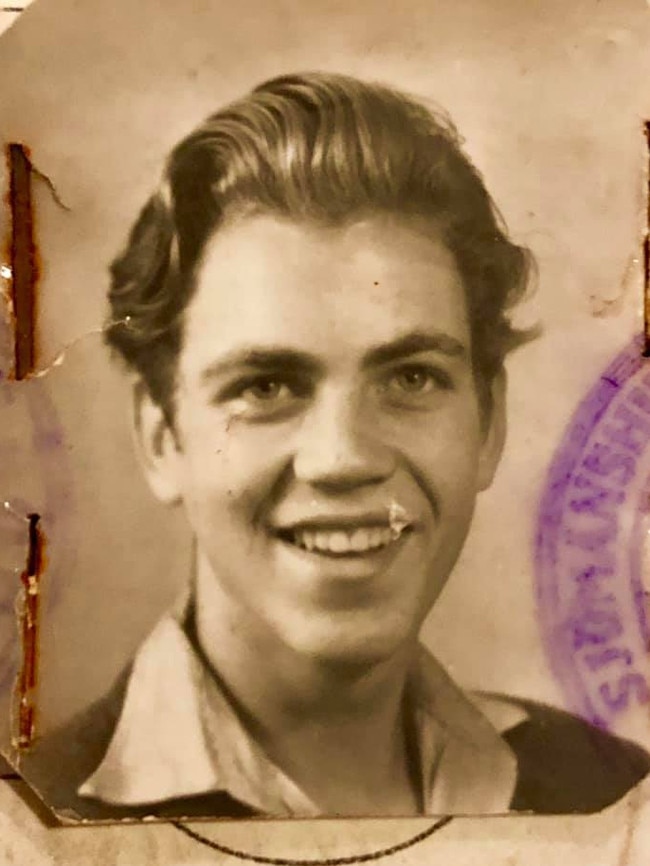
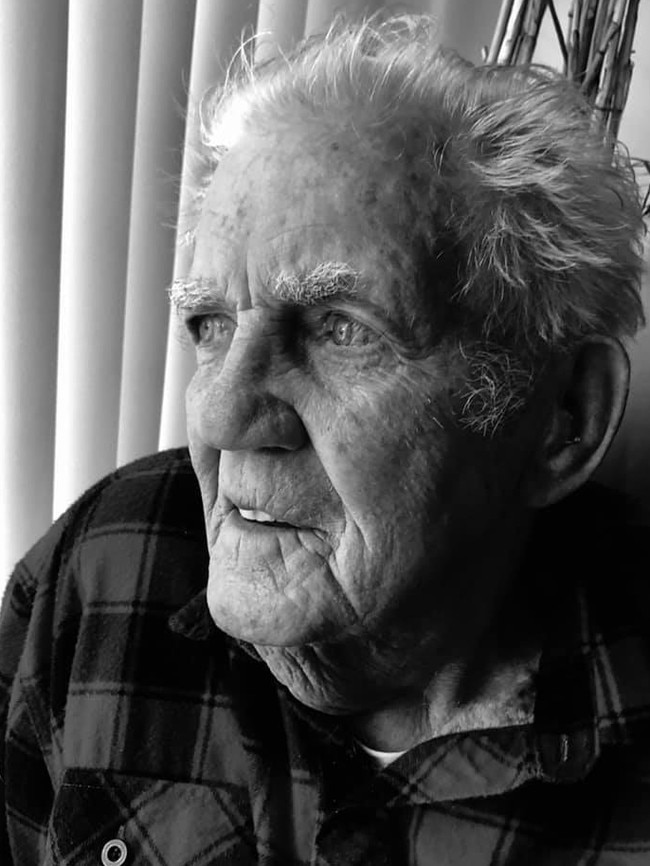
When we finally got to land, I spent a week in a hospital in a place called Dakar in West Africa, to recover. My meals at the hospital consisted of a breakfast of a bottle of wine and a roll of French stick bread. (laughs) And for dinner they served me pigeon that they had shot in the hospital gardens throughout the day. With mashed potato. Hardly MasterChef quality but I’m still here. (laughs)
“I was born in Gothenburg, Sweden in 1933. My family lived a very poor existence due to the rationing during the war. I was the eldest of six children. The memories of the poverty that my family experienced in those years have always stayed with me. My father was a great man and he and Mum eventually managed to build a house in a little village called Swanholm until we eventually moved back to Gothenburg.
I left school quite early and joined the seaman school. It was the start of a lifetime working on the seas.
I started working in the Baltic Sea with my grandfather on his small ketch, shovelling coal, cooking, cleaning and all that. Over the next few years, I worked on many ships and I learnt everything there was to know about shipping and sailing. I travelled the world and sailed every ocean.
In my teenage years, I travelled to just about every country on the planet and saw the most amazing places and experienced so many different cultures. It was a great introduction to life for a young Swedish boy.
In the early 1950s, I worked on a ship called the Axle Johnson and sailed the coast up and down of South America many times. Each port in South America we would stay a few weeks so we had a lot of fun.
I was in Rio for my 18th birthday and celebrated with a huge party on Copacabana beach. I was there for the Carnivale, the biggest street party in the world and it was truly amazing to see and be a part of. I went to Santa Fe where me and my shipmates played soccer against the local policemen. We went to a local wedding in Argentina that lasted two days. A huge barrel of wine and two steers on a spit. Every day was an adventure.
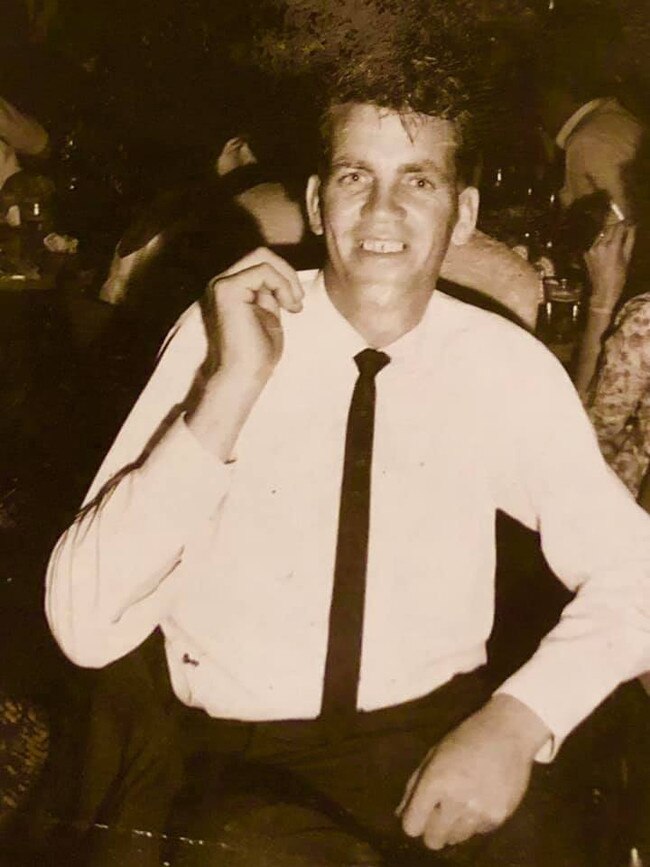
One time in Buenos Aires, it was during the rule of President Juan Peron and some terrible things would be happening and there was a lot political unrest. If you were even suspected of criticising Peron, you could be killed. One day there, the ship’s bosun and I knocked off and went and drank wine at the canteen on the pier. Next thing we know, police were everywhere and arrested everyone on the pier. Including us. For no apparent reason, we were thrown into jail. The cell was just a black dirty hole with a small pocket of sunshine coming through a small window.
No explanation was given for our arrest. Luckily, two days later, the Swedish consul came to get us out. On our way out of the prison, the bosun asked the police why we were arrested. He was told to shut his mouth or he will be locked up for years. We hurried ourselves out the door. It was a very scary atmosphere to be in.
When we were not on the sea, our downtime was spent drinking and having a wonderful time with people from different cultures and it was so much fun. The Mediterranean Sea was always amazing. I spent a lot of time exploring Spain, France, Italy, Malta and Slovenia. At one port, we were unloading massive barrels of brandy. The dock workers there would wait till the first barrel landed on the pier and they would drill a hole in the barrel and fill their own bottles, then put a plug back in the barrel and start drinking. We would spend the day winching the barrels off ourselves as the dock workers would be so drunk they were asleep on the ground. (laughs) We always worked hard but when we hit land, we partied pretty hard that’s for sure.
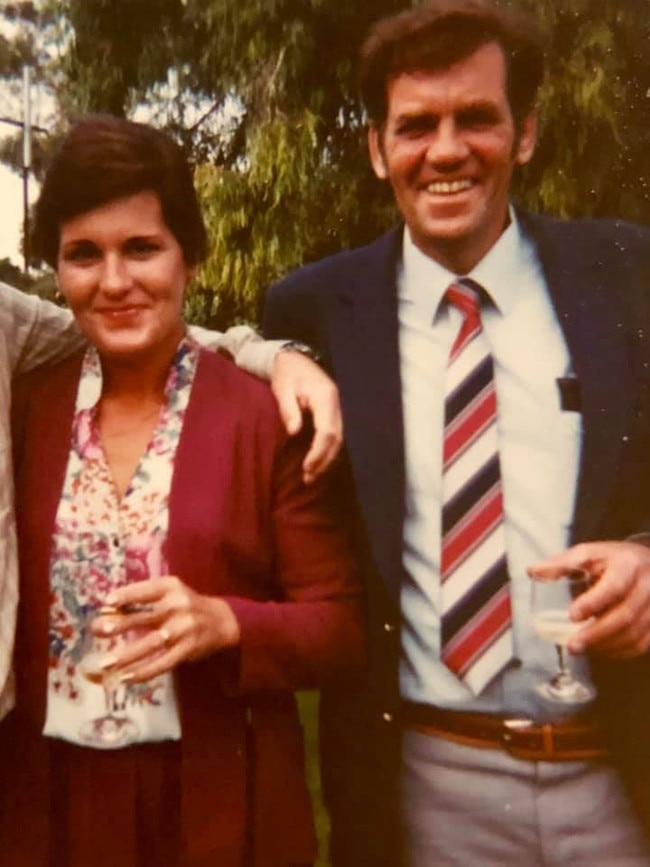
I came to Australia when I was 20, for no other reason than I was seeking adventure. I had heard so much about the place and although I had been to so many places, Australia was one of the places I was yet to see. I liked it instantly so my friend and I jumped ship here. They didn’t care about citizenship so much then. You could just go and get a job without any paperwork required. They were screaming out for workers everywhere so I don’t think they minded where we were from or how we got here.
Back then, you could travel around with only ten bob in your pocket because there was so much work around. You could snatch it one day, walk into another job the next. It was paradise for immigrants like myself. And the people were very friendly despite us having hardly any English.
I was so excited to be here and thought it was a marvellous country. I got a job on the Snowy Mountain Hydro Scheme. I worked on the Guthega Dam at Mt Kosciusko. There were plenty of people there from my part of the world.
You see, in order for the Norwegian contractor to win the Hydro contract, he had to bring out 500 skilled workers from another country. So, obviously, most of the workers were from Norway. Norway borders Sweden so we all pretty much spoke the same lingo and understood each other. I was living in a hut and it was freezing cold in winter and hot as hell in summer and we were working 12 hours a day, seven days a week. We would work like buggery for eight weeks then go to Sydney for a week off and spend all our money.
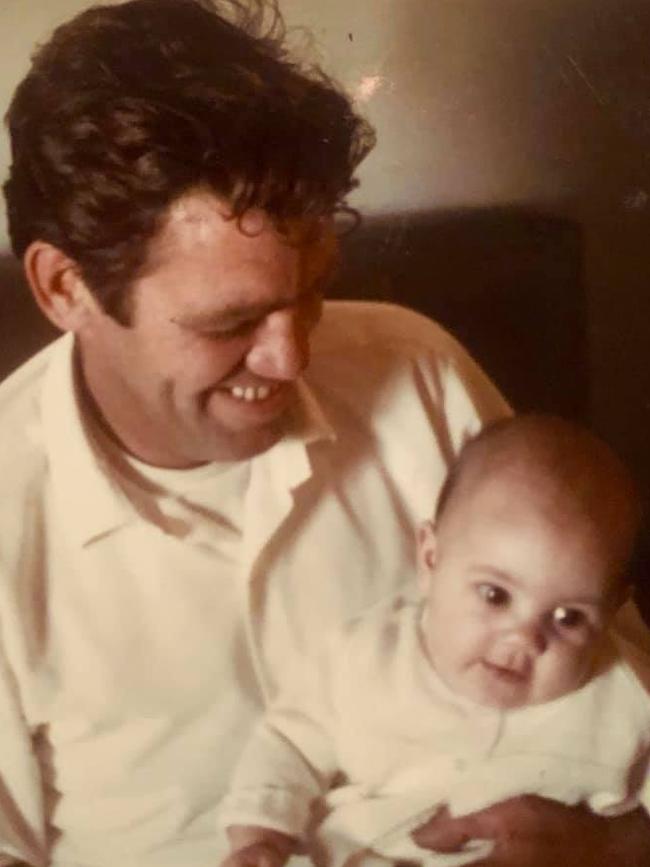
After 18 months of this on the Hydro, I went back to sea, working on the dredge boats deepening the shipping canals in N.S.W. Eden, Moree, Port Kembla, Wollongong Boat Harbour, Then I worked on the BHP ships taking iron ore from Port Kembla around to Dampier Sound in W.A.
In 1965, I was working in Whyalla in South Australia and I was asked by a shipping company if I could sail a dredge boat back to Sydney. The dredge had its bucket still attached to the top of the boat, rather than having been dismantled. I was quite an experienced sailor by now and I said that in my opinion the bucket will make the ship too top heavy and we will sink if we hit rough weather.
They refused to remove the bucket and reckoned it would be fine, so I told them to stick it up their backside. Three weeks later, the ‘ATLAS’ dredge sunk in rough weather on its way back to NSW.
Thirteen men out of the 15 crew members drowned. It was a terrible thing to happen.
For me, it was not a situation of “I told you so” but one of incredible sadness at such a tragic loss of life, for no other reason than bad choices and stubbornness of the boat’s owners.
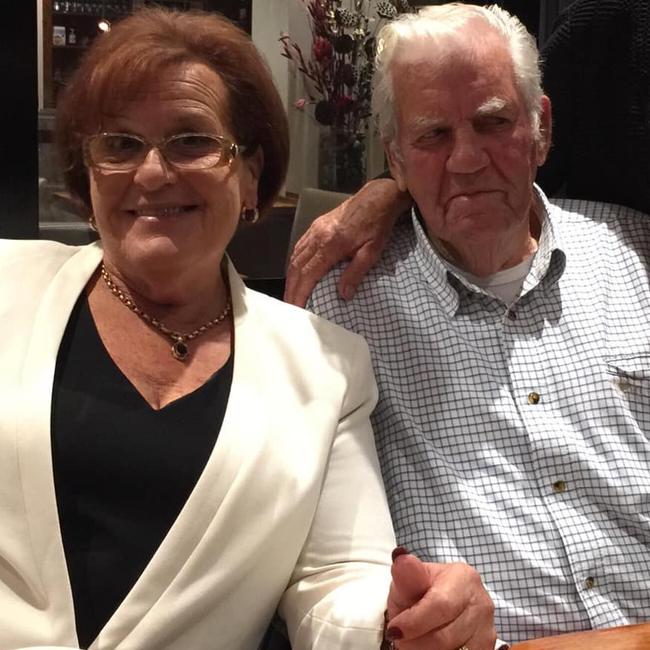
Not long after this, in 1966, I was drinking in a pub in Whyalla and heard about a job going down in Tasmania. Me and a mate packed our belongings and a few boxes of beer into our van, put it on the ship to Devonport and then drove down to Launceston.
First thing we did was, we went to the employment agency and they sent us to the west coast. I had my diamond drillers ticket which was very rare to have and it held me in good stead in the mining world here in Tassie.
I went to Rosebery for a while then onto Queenstown. One night there, I went on a pub crawl with some work friends and that was the night I met Yvonne.
There was nothing too romantic about our first meeting, just a fun night out on the grog with friends, but we clicked. Yvonne was funny, great to talk to and very down to earth. She noticed that I kept buying new shirts for work and offered to do my laundry. And she has been doing it ever since. (laughs).
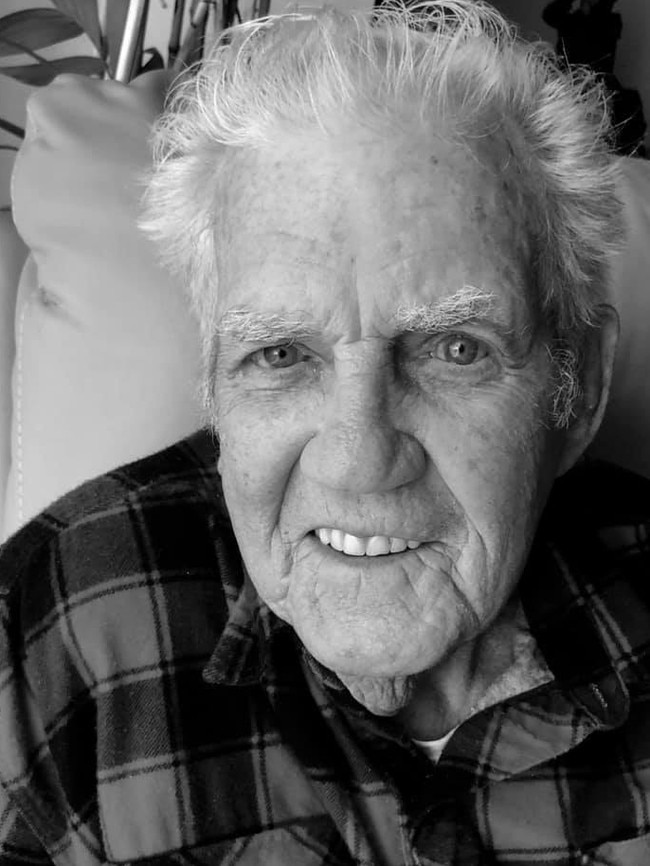
The thing about Yvonne and I is, we have always had fun together. She has a great sense of humour and is lots of fun. Yvonne (nee Black) is a Launceston girl and we married in the Launceston Registry Office. We have now been married 52 years.
After we married, I attended the Australian Maritime College here in Launceston and achieved a Master Marriners Ticket, which is a major qualification to have. I then worked at the Pilot Station at Low Head, working on many local ships and ketches. I captained the oil rig ships, servicing the oil rigs in Bass Strait and was also transporting the framework and steel structures to build the oil rigs.
In 1968, we moved to Gippsland for the next seven years and I worked at Barry Beach near Welshpool. I worked for Exxon and we serviced the oil rigs of Bass Strait. During this time I rescued some Tasmanian sailors.
We have three daughters Yvonne and I. Ingrid was born in 1968, Amanda came along in ’72 and our youngest Marita, was born in ’78. We shifted back to Tasmania before Marita was born and bought a 50-acre farm out at Karoola. I continued fly in/fly out to Gippsland for the next 25 years.
We lived on the farm at Karoola for 29 years. It is a beautiful place out there. We ran a few Suffolk sheep and my father in-law had a huge vegetable garden on our property. My brother in-law also bought a place out there and was our neighbour. We loved it on the farm but it got a bit too much work as we got older. We bought a little place in Longford where we still live. We have eight wonderful grandchildren and two great grandchildren.
I have made lifelong friends through the shipping industry and it was a wonderful career to have.
The lifestyle here in Tasmania is fantastic. Better than anywhere in the world and it’s been my home for over 50 years. Having seen so much of the world, I am pretty happy I settled in the most beautiful part of it”.
Mr Dahlvid’s brief autobiography was pieced together by organisers of the Humans of Launceston Facebook page, republished here with permission.


